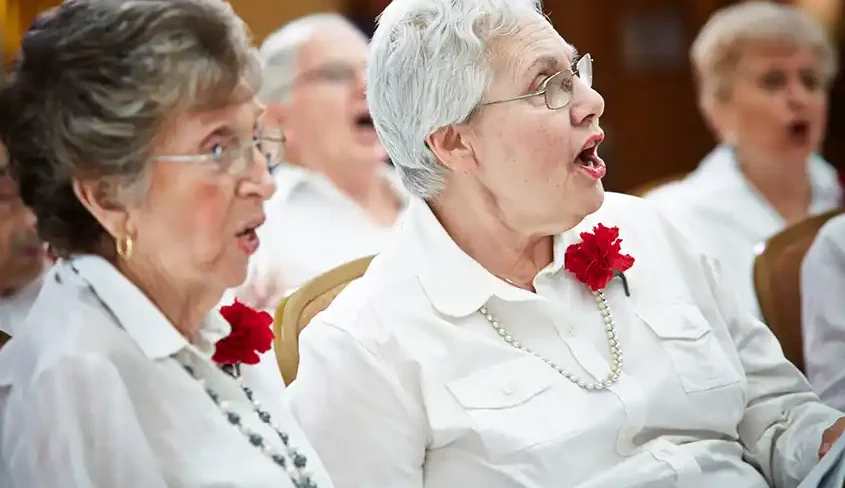More than 33 percent of older Americans between the ages of 65 and 74 have hearing loss. And 50 percent of those 75 and up suffer from some level of deafness, according to the National Institute on Deafness and other Communications Disorders (NIDCD).
Sadly, most hearing loss goes untreated.
Six of 10 people with moderate-to-severe hearing loss do not use hearing aids, says James Firman, president of the National Council on Aging and founder of the United Seniors Health Cooperative (USHC), a nonprofit consumer organization. “I can guarantee you, as a person with a moderate to severe loss, that there is no way that you are doing fine and getting along fine if that hearing loss is not treated,” he explains.
But what exactly are the effects of hearing loss on older adults?
Hearing loss can impact personal relationships, physical health, and a person’s overall quality of life.
Hearing Loss Can Lead to Lower Quality Relationships
A number of studies have shown that hearing loss can negatively impact personal relationships. Older adults with hearing loss may withdraw from conversations because they can’t understand what is being said, or they might talk more to compensate for their inability to hear. It can cause them to monopolize conversations without truly interacting with others.
In one study of 4,000 people with hearing difficulties, those who didn’t wear hearing aids were “more likely to be viewed as being confused, disoriented, non-caring, arrogant, [and] inattentive” by family members and loved ones.
Additionally, the same study discovered that “interpersonal warmth in relationships significantly declined as hearing loss worsened.”
While these side effects may not directly affect an older adult’s independence, they can lead to depression. We now know depression can worsen other illnesses or even lead to new problems, such as heart disease and high blood pressure.
Ultimately, these illnesses can reduce a person’s ability to live independently.
Hearing Loss Can Put Older Adults in Danger
But it’s not just an older adult’s mental well-being that can suffer. Seniors with untreated hearing loss can put themselves in physical danger if they:
- Fail to hear a doctor’s instructions properly and don’t take the right dose of prescription medicine
- Can’t hear a smoke detector go off
- Don’t hear someone knocking at the door or even hear an intruder in the house at night
- Are driving and don’t hear another driver honk the horn
- Are walking and fail to take note of oncoming traffic
How Hearing Loss Affects Quality of Life
An older adult who can’t be trusted to take the correct medicine, cannot drive safely, or finds it hard to socialize with groups of people risks a lower quality of life and loss of independence.
Hearing loss can create a cascading effect that leads to other health issues but, even on its own, it puts seniors at risk in their own homes and while traveling.
Fortunately, in many cases the use of a hearing aid can restore the quality of life and the ability to live independently.
To learn more about successful aging, we invite you to follow the Five Star Senior Living Blog. We share the latest research and information on health and wellness regularly.

